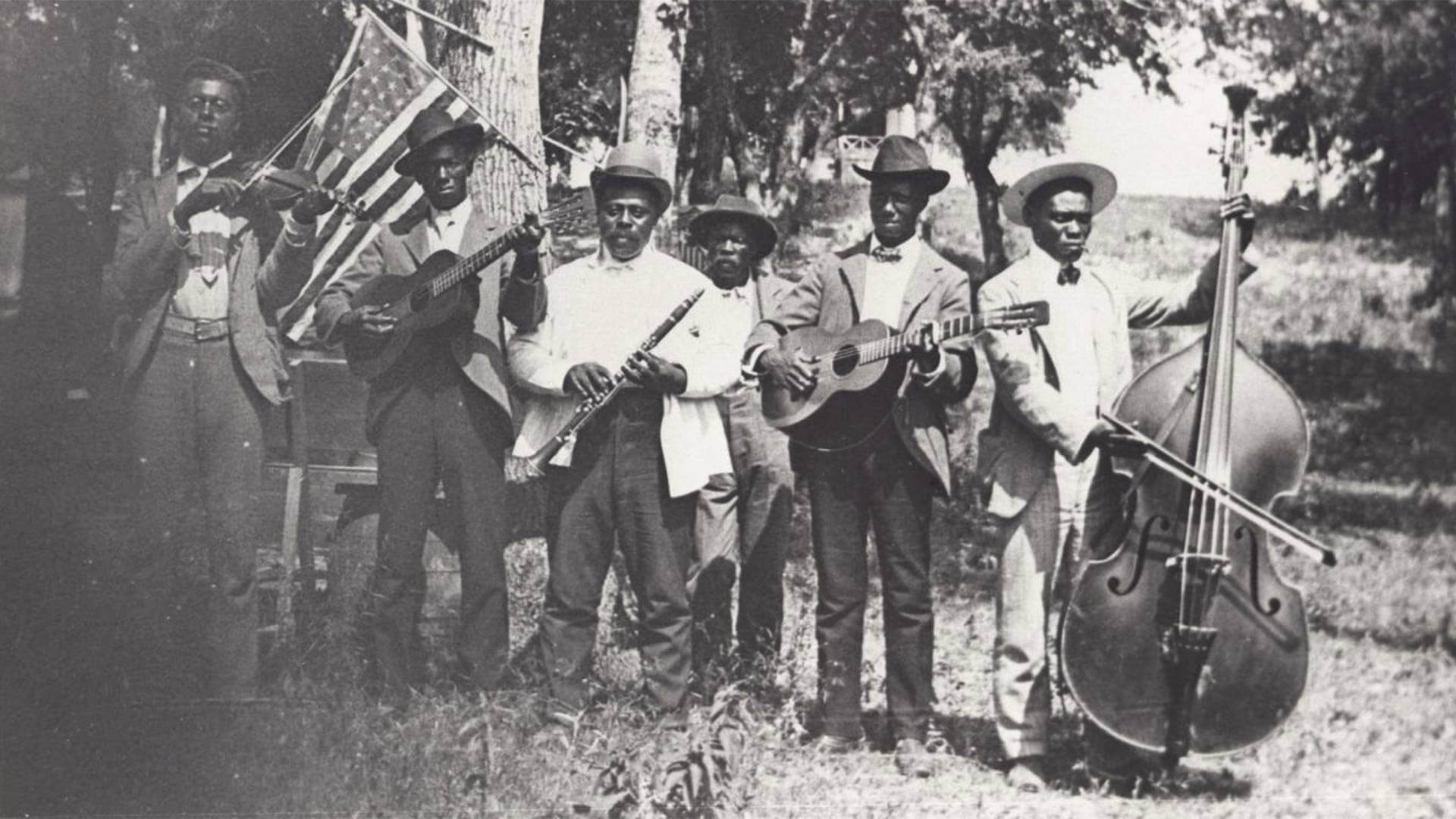- June 19, 2020
- By Sala Levin ’10
It was June 19, 1865, when a Union general made an announcement in Galveston, Texas: The Civil War was over and the Confederacy had lost. Freedom was a long time coming for Texas’ enslaved African Americans—it had been two and a half years since President Abraham Lincoln issued the Emancipation Proclamation and two months since Confederate Gen. Robert E. Lee surrendered at Appomattox.
The liberation of the state’s enslaved Black people was first commemorated in Texas a year later. Today, the holiday, Juneteenth, is officially recognized in 47 states, including Maryland, and Washington, D.C.
But this year, the holiday is seeing greater-than-usual prominence following nationwide protests demanding a reckoning with the traumatic past and present of Black people in the United States. President Trump brought further attention to Juneteenth when he announced plans to hold a campaign rally today in Tulsa, site of a 1921 massacre of a Black community. (It has since been moved to tomorrow.)
 Juneteenth is a symbol of the complex way emancipation functioned in the United States, said Christopher Bonner, assistant professor of history, whose work focuses on African American history and the United States in the 19th century. “It’s a holiday that doesn’t easily lend itself to a simple celebration,” he said. “I don’t think anyone should really think about Juneteenth without recognizing the ways that it reflects the limitations of freedom as it was created by the government.”
Juneteenth is a symbol of the complex way emancipation functioned in the United States, said Christopher Bonner, assistant professor of history, whose work focuses on African American history and the United States in the 19th century. “It’s a holiday that doesn’t easily lend itself to a simple celebration,” he said. “I don’t think anyone should really think about Juneteenth without recognizing the ways that it reflects the limitations of freedom as it was created by the government.”
The Emancipation Proclamation “allowed Black people to become free if they could make it to the Union Army,” said Bonner. That was no easy feat: The order didn’t apply to border states, exempted those already under Northern control, and was contingent upon Union military victory.
“I like to describe the Emancipation Proclamation as creating a doorway, but what it did was require African American enslaved people to go find the door to leave wherever they were held in bondage,” said Bonner. “The reality is there just wasn’t that much opportunity for emancipation in Texas,” which was far from much of the fighting, and therefore from the Union troops necessary for freedom.
Emancipation in Texas prompted African Americans to “celebrate like crazy,” said Bonner. As early as June 19, 1866, the day was commemorated in Texas and, as people began to migrate in search of new lives, soon spread to other Southern states.
Why did Juneteenth catch on, over other dates of emancipation? Because of the piecemeal nature of emancipation, Bonner said, “it’s hard to find a single, specific moment to celebrate.” June 19 was a distinct date that marked freedom for a large group of people.
Food, drink and merrymaking were part of the earliest Juneteenth celebrations—and still are. Red food and beverages are traditional—some say the color symbolizes the blood of enslaved people, while others point to the cultural significance of red in West African cultures or to hibiscus and kola nuts, which came to the Americas through the trans-Atlantic slave trade. Parades, block parties and beauty pageants are also often part of Juneteenth celebrations.
This year, companies like Nike, Twitter, Lyft, Target and Grubhub are recognizing Juneteenth with a day off for employees. On Tuesday, Virginia Gov. Ralph Northam proposed in Richmond, the former Confederate capital, making the date an official state holiday—a move that has become more common in the last two decades or so. (Texas recognized Juneteenth as a state holiday in 1980.)
New conversations about Juneteenth also came out of Trump’s controversial plans for a Tulsa rally and speech on race on the holiday.
In that city in 1921, incensed by rumors that a Black teenager had harmed a white woman (historians believe he may have inadvertently stepped on her foot or otherwise made incidental physical contact), white mobs killed as many as 300 Black people and destroyed the homes of more than more than 10,000 in the prosperous Greenwood neighborhood, also known as Black Wall Street.
DeNeen L. Brown, an associate professor of journalism at UMD and reporter at The Washington Post, has done substantial reporting on the Tulsa race massacre. Many Tulsa activists consider Juneteenth a sacred day and Black Wall Street hallowed ground—both demanding respect, Brown said. “People that I’ve talked to in my reporting say (the rally) is a deliberate attempt to provoke a race reaction to further divide the city,” she said. “They say it’s like a dog whistle to racists.” Detractors say his one-day postponement following public outrage means little, since Juneteenth is often celebrated over the weekend.
Still, the attention Juneteenth is receiving this year from white people in particular has the potential to be a positive shift, said Bonner, as long as the uncomfortable history it represents isn’t ignored.
“If people are taking it as a day to reflect and think and try to develop further their ideas about the history of inequality and the present of inequality, that’s great,” he said. “If it becomes a day for fireworks and hot dogs, then it’s not so great.”
